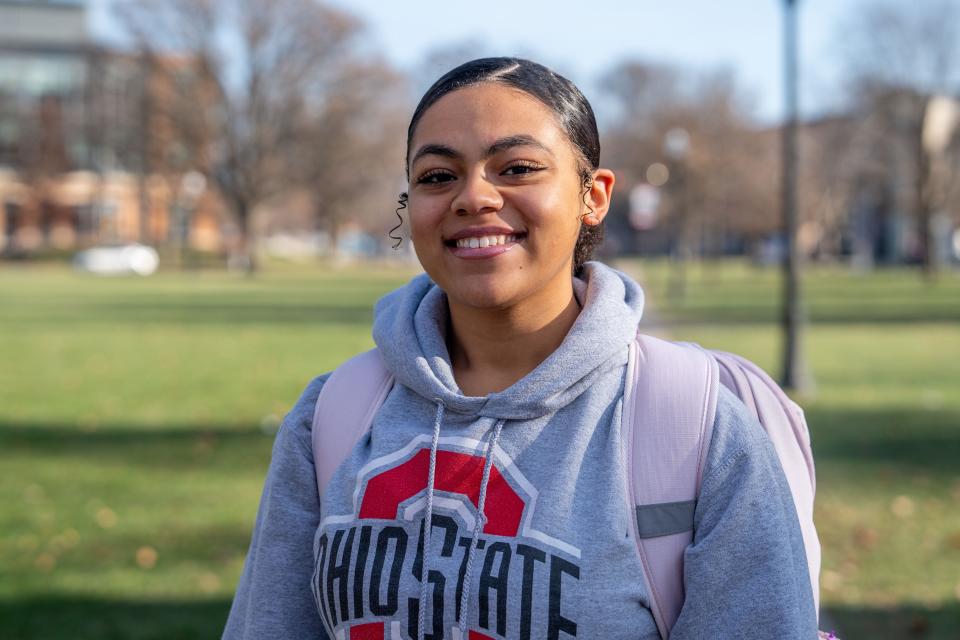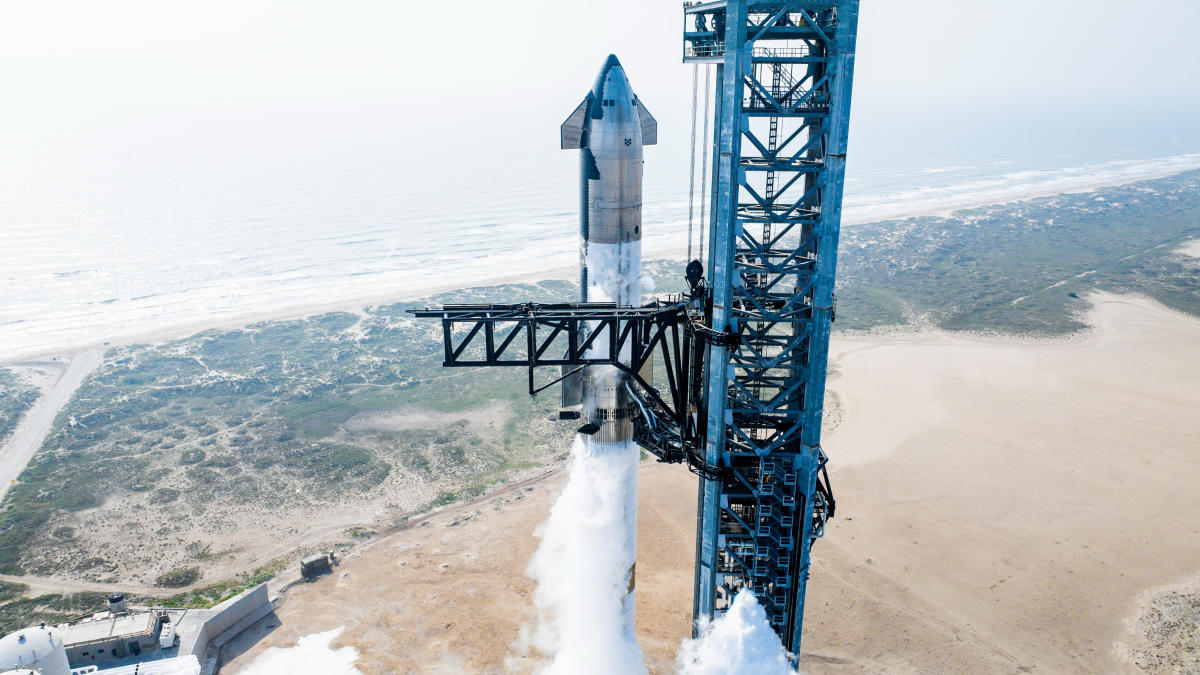The Penn State board of trustees approved $700 million in renovations to Beaver Stadium during a meeting Tuesday morning that was, at time, contentious.
Many details of the $700 million makeover have been largely unknown to the public, and only a draft illustration of the exterior was shown in a presentation Tuesday. The design isn’t complete, Pat Kraft, Penn State’s athletic director, told the Centre Daily Times in a phone interview, and there’s still a lot of work left to do.
So, why is the board taking action on it now, if the design process isn’t done? Kraft said they need to be able to start on items like getting permits so they can stay on track with the timeline and minimize issues with things like ordering steel and not impacting the football season.
“So though the design is not done we feel very confident about where we are in the process, and I think it is now, you have to really make a decision. Any delay is only going to be more expensive,” he said.
Trustees who voiced opposition to the project said they know the stadium must be updated, but raised concerns about the massive price tag, transparency and more. Trustee Alvin de Levie questioned why they’re rushing the vote.
“There are enough questions left. We have time until to July 8. The evidence was, ‘If we delay a year it’s going to cost us a lot of money.’ A delay to July 8 costs us no money, gives the trustees and the public an opportunity to have our truly robust opportunity to deliberate,” he said.
Trustee Anthony Lubrano also asked for more time and suggested if they had more time, the project would have unanimous support behind it. He said he wanted to support the project but wanted to make sure they could financially make it happen without any ramifications.
Trustee Barry Fenchak motioned to postpone the vote until July, which was seconded by de Levie. It did not receive enough votes to succeed.
What will the renovations include?
Some new elements were revealed during Tuesday’s meeting. During a presentation, Kraft said they’d prioritize modern standards in the design, including improving circulation to alleviate congestion, a concourse expansion, improved press box and enable year-round events. There will be new restrooms, upgraded concession offerings and new premium seating, field lighting and maintain the current parking and tailgating experience.
They’ll also create a new welcome center at Beaver Stadium to “contribute to the ‘We Are’ experience,” Penn State President Neeli Bendapudi said during the meeting.
“We hope to have a 21,000 square-foot-facility where our community could gather to hold events. The welcome center will also serve as a home for the thousands of prospective students who visit our campus every year. Currently, we have such severe space limitations that we cannot accommodate all the visit requests that we receive,” Bendapudi said. “And it is a known fact that the campus visit experience is the most important driver for decision making for all prospective students. With the new welcome center, we hope to augment our enrollment efforts by providing a better choreographed visit experience for prospective students.”
The renovation has a large price tag but it was the most financially feasible option out of the three scenarios Penn State considered, Sara Thorndike, senior vice president for finance and business for the university, said. They considered repairing the stadium, replacing it and renovating.
“Repairing the stadium didn’t generate any new revenues to pay for those repairs, which were still substantial and left us with a lot of work still left to do in the stadium. And replacing just was too expensive. We wouldn’t generate enough revenues to cover a large debt payment,” Thorndike told the CDT. “And so we have created a financial pro forma, we have stress tested that financial pro forma and with new revenues that we would generate from this project, in addition to other new revenues that are in the athletics budget, we feel very confident that we will have enough money to pay the debt service on this project with the renovate scenario.”
They won’t be taking all of the money out upfront. They’ll phase it over the next three years, which Thorndike said will give them more flexibility and they can assess how much debt they’ll need to take on. She said they also don’t expect to have to borrow the whole $700 million; their intention is to get revenue from philanthropy, naming and tickets.
Several times during the meeting, officials emphasized that this project is being funded by athletics and neither tuition dollars nor the education budget will be used for it.
Kraft said the renovations will keep the stadium “healthy” for a long time. Not only is it an iconic stadium in college football, but it’s also a revenue driver for the community, he said. He pointed to the recent Luke Combs concert, which was the second concert ever held at the stadium.
“It’s not just a football project, it’s a Penn State project. It’s a Penn State Athletics project,” Kraft said. “We’ve already started on $70 million. We’ve been working on the winterization and some circulation for the building that you’ll see this fall. But we’ll get to work hopefully at the end of this coming season.”
Some trustees, like alumni-elected Fenchak, have expressed concern about a lack of transparency around the project. To that point, Thorndike said they’ve spent a lot of time answering questions from the board and even pushed Tuesday’s meeting back so the trustees could have more time with the materials.
They’ve received more than 50 questions from the trustees over the last few months that they’ve answered, she said.
“We have had multiple discussions over the last couple years with the trustees on this project. We have spent a number of meetings going over financial pro formas this calendar year, really answering lots of questions, providing additional reports to the board on studies and surveys that were done,” Thorndike said.
The vote passed with 26 trustees voting in favor, two voting against and three abstaining. Lubrano and Fenchak voted against and Jay Paterno, Ted Brown and de Levie abstained. Paterno said he abstained due to past involvement exploring a public-private partnership for the renovation.
What we knew before Tuesday’s meeting
Tuesday’s approval is the second stage of renovations to be approved. Last May the board of trustees approved the first phase, a $70 million portion, which included paying for design costs, winterization and other pressing issues — like lighting. The winterization is important in order for the Nittany Lions to potentially host a College Football Playoff game in December when temperatures could drop below freezing.
Fenchak voted against the proposal in May 2023 as well, citing his perceived lack of information on what the best path forward is for the stadium.
The list of improvements that were laid out last year to be made with the entirety of the $700 million project include:
-
Additional premium seating (e.g. suites and boxes)
-
Upgraded concession offerings
-
Improved restrooms
-
Better circulation
-
Increased concourse spaces
-
Improved Wi-Fi/cellular service
-
Improved access for broadcasting

Signup bonus from





